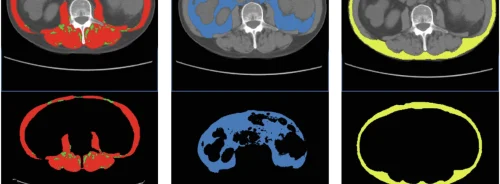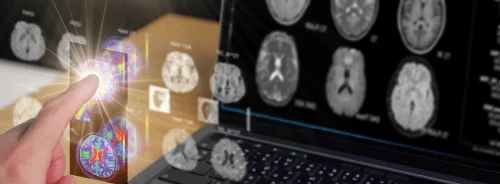Interventional Radiology (IR) has revolutionized patient care by offering minimally invasive treatments for various conditions, including gastrointestinal and trauma-related bleeding, cancer therapy, and aortic aneurysm repair. Over recent decades, IR has become an indispensable subspecialty within medicine, expanding rapidly across the globe. The ability of IR to improve quality of life and save lives underscores its critical role in modern healthcare. Despite the growth of IR, the recruitment of doctors into this specialty has not kept pace with clinical demand. Medical students are essential for the future development of IR, yet surveys reveal that many undergraduates have limited knowledge and exposure to this field. This gap highlights the need for better dissemination of IR information and engagement of medical students to foster interest in this career path.
IR Education in China: Study Overview & Methodology
Unlike in Western countries, Chinese medical students receive a formal IR curriculum during their undergraduate studies. However, the impact of this curriculum on students' perceptions and career intentions requires further exploration. Studies suggest that curricula and symposia can boost interest in IR, but improvements are still needed to maximize their effectiveness. A study was conducted to compare Chinese medical undergraduates’ perceptions and career intentions regarding IR before and after exposure to a formal curriculum and on-site IR operations. The study involved three batches of fourth-year students majoring in Imaging and Nuclear Medicine, with a total of 366 questionnaires distributed and 333 valid responses analyzed.
Students completed questionnaires at three stages: pre-curriculum, post-curriculum (but before on-site IR operations), and post-on-site viewing. The on-site experience included observing various IR procedures such as transarterial chemoembolization, thermal ablation, and peripheral vascular angioplasty. The questionnaires assessed students' fear of X-rays, fear of IR operations, interest in IR, and career intentions.
An Interest in IR despite Fear of X-Rays and IR Operations
Before the curriculum, a majority of students expressed fear of X-rays and IR operations. After completing the curriculum, the degree of fear significantly decreased, and it further diminished following the on-site observation of IR surgeries. These changes were statistically significant, indicating that both educational interventions effectively reduced anxiety related to radiation exposure and IR procedures.
Interest in IR also increased significantly after the curriculum and further after on-site viewing. Initially, 37.8% of students were unaware of IR, but post-curriculum, nearly all students understood what IR entailed. The number of students interested in IR rose from 45.0% post-curriculum to 75.7% after on-site observation. Both male and female students showed increased interest and a sense of achievement after these experiences.
Career Intentions Evolution
Career intentions towards IR shifted positively through the study phases. Initially, 49.5% of students had no intention of pursuing IR, but this number decreased to 37.8% after on-site viewing. Meanwhile, those considering IR as an alternative career dropped slightly, whereas those selecting IR as their preferred career path increased from 7.2% pre-curriculum to 32.4% post-on-site viewing. These findings highlight the significant impact of on-site clinical exposure on career decisions.
The study underscores the importance of integrating IR education into medical school curricula and providing practical on-site experiences. Such interventions not only reduce anxiety related to radiation and procedures but also enhance interest and career intentions in IR. Despite improvements, the study noted a gender disparity, with fewer female students choosing IR as a preferred career, suggesting a need for targeted educational and policy initiatives to encourage female participation in IR.
The formal IR curriculum and on-site clinical exposure are effective in reducing radiation anxiety and increasing interest and career intentions among medical undergraduates. This approach is crucial for recruiting future IR professionals, addressing the growing global demand for IR services, and ensuring a robust workforce in this vital medical subspecialty.
Source: European Radiology
Image Credit: iStock






